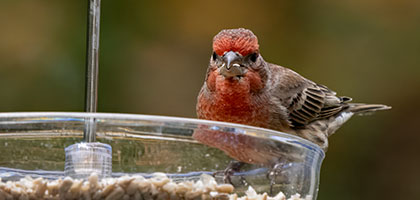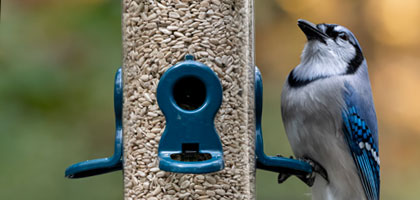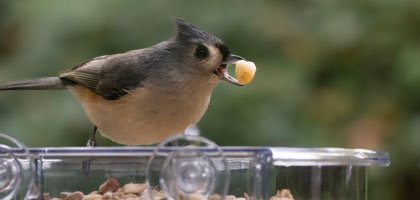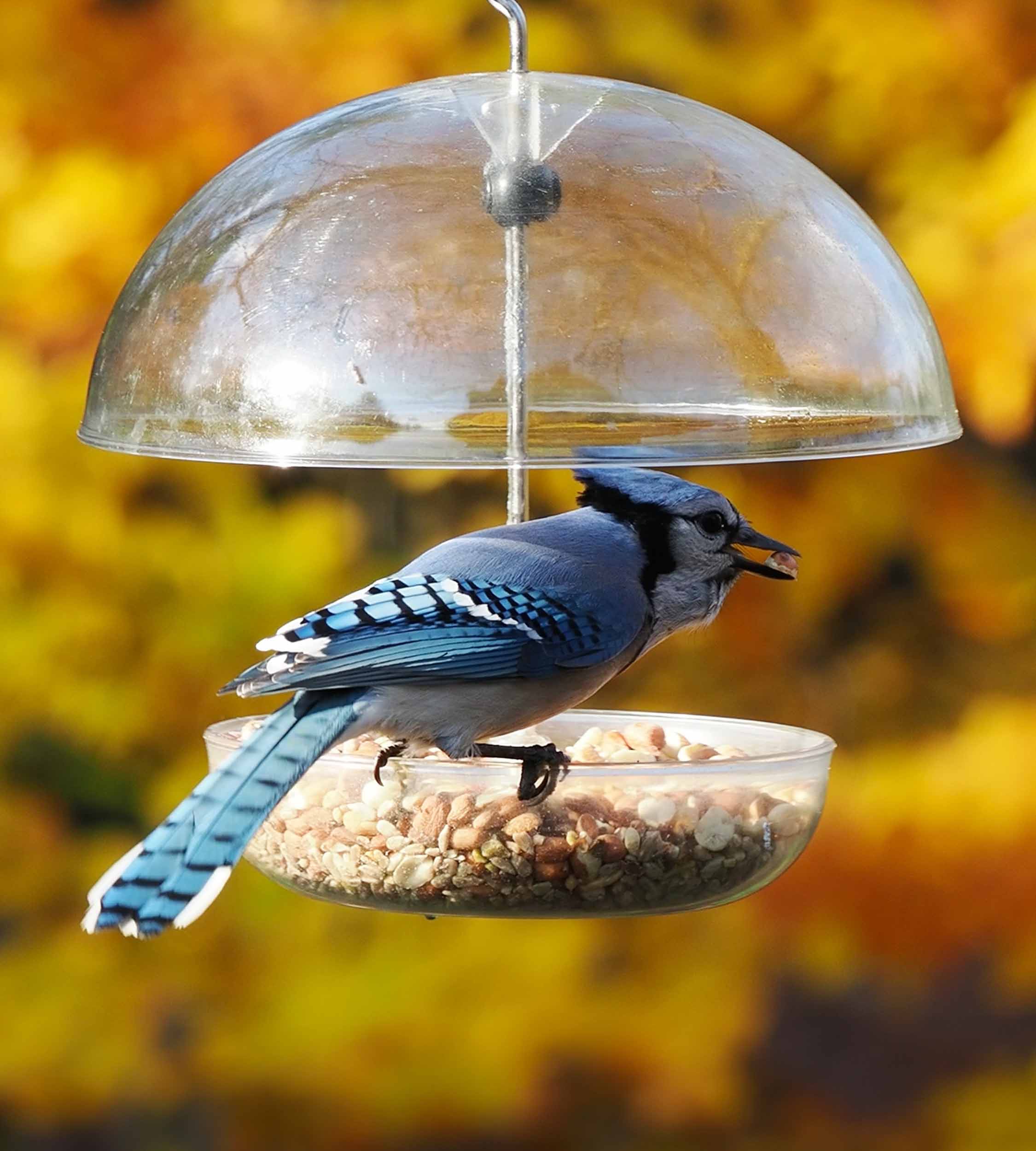Suet cakes have become a popular choice among bird enthusiasts who want to attract and nourish a variety of bird species. However, there's a lot of confusion and misinformation surrounding these nutrient-rich bird feeders, particularly regarding their tendency to melt. This article aims to clarify the myths and truths about suet cakes, helping you make informed decisions for your feathered friends.
What Are Suet Cakes?
Suet cakes are made from rendered animal fat, usually beef or mutton, combined with various seeds, grains, fruits, and nuts. This creates a high-energy food source perfect for wild birds, especially during cold weather when their natural food sources are scarce.
Why Use Suet Cakes?
Suet cakes provide birds with essential fats and nutrients they need to survive and thrive. They are particularly beneficial during the winter months, as they offer the extra energy birds require to maintain their body heat and sustain themselves in harsh conditions.
Do Suet Cakes Melt?
One of the most common questions about suet cakes is whether they melt, particularly in warm weather. The answer is both yes and no, depending on the type of suet cake you're using.
Traditional Suet Cakes
Traditional suet cakes, made purely from animal fat, are prone to melting at temperatures above 70°F (21°C). In warmer climates or during summer months, these cakes can become soft and greasy, potentially creating a mess in your garden and losing their appeal to birds.
No-Melt Suet Cakes
To address the melting issue, manufacturers have developed no-melt suet cakes. These cakes incorporate binders and stabilizers like cornmeal or peanut butter, helping them maintain their shape and consistency even in higher temperatures. No-melt suet cakes are ideal for use in warm weather or regions with hot climates.
Choosing the Right Suet Cake for Your Needs
When selecting suet cakes, consider the following factors to ensure you choose the best option for your bird-feeding goals:
Climate and Season
If you live in a region with hot summers or are planning to use suet cakes during warm months, opt for no-melt varieties to prevent any mess and ensure the food remains accessible to birds.
Bird Species
Different bird species are attracted to different types of suet cakes. For instance, woodpeckers and nuthatches prefer suet cakes with nuts and seeds, while fruit-loving birds like orioles and waxwings may be more inclined to visit suet cakes containing fruits.
Ingredients
Check the ingredients list to ensure the suet cake is made from high-quality ingredients without any harmful additives. Organic or all-natural options are always a good choice for environmentally conscious bird feeders.
How to Properly Store Suet Cakes
Proper storage of suet cakes is essential to maintain their freshness and prevent spoilage. Here are some tips to help you store your suet cakes effectively:
Cool and Dry Place
Store suet cakes in a cool, dry place away from direct sunlight and moisture. This will help prevent the fat from becoming rancid and keep the cakes in optimal condition.
Refrigeration
For extended storage, consider refrigerating your suet cakes. This will help them stay fresh for longer periods, especially if you have purchased a large quantity.
Tips for Feeding Birds with Suet Cakes
Feeding birds with suet cakes is a simple process, but there are a few tips to ensure you're doing it effectively:
Use a Suet Feeder
Invest in a quality suet feeder designed to hold and support the weight of the cakes. Suet feeders come in various styles, such as cages, logs, or baskets, and can be hung or mounted on a pole.
Placement
Place your suet feeder in a location that provides a clear view for birds while offering some protection from predators. Ideally, hang the feeder near trees or shrubs, which can serve as natural perches for birds waiting their turn.
Monitor and Replace
Keep an eye on the condition of the suet cakes, especially during warmer months. Replace any cakes that appear spoiled or have become too soft to maintain their nutritional value.
Common Myths About Suet Cakes
There are several myths surrounding suet cakes that can confuse bird enthusiasts. Let's debunk some of these misconceptions:
Suet Cakes Are Only for Winter
While suet cakes are particularly beneficial during winter, they can be used year-round to provide birds with essential nutrients. Just be sure to choose no-melt varieties during warmer months to prevent melting.
All Suet Cakes Are the Same
Not all suet cakes are created equal. Different recipes cater to various bird species and climates, so it's essential to choose the right suet cake for your specific needs.
Suet Cakes Harm Birds
Some people believe that suet cakes can harm birds by clogging their feathers or causing other health issues. However, when used properly, suet cakes are a safe and beneficial food source for wild birds. Just ensure you're using high-quality products free of harmful additives.
Conclusion
Suet cakes are an excellent way to attract and nourish a variety of bird species, providing them with essential fats and nutrients. By understanding the myths and facts about suet cakes, you can make informed decisions and create a welcoming environment for your feathered friends. Remember to consider factors like climate, bird species, and ingredients when choosing suet cakes, and follow proper storage and feeding guidelines to ensure the best experience for both you and the birds.




